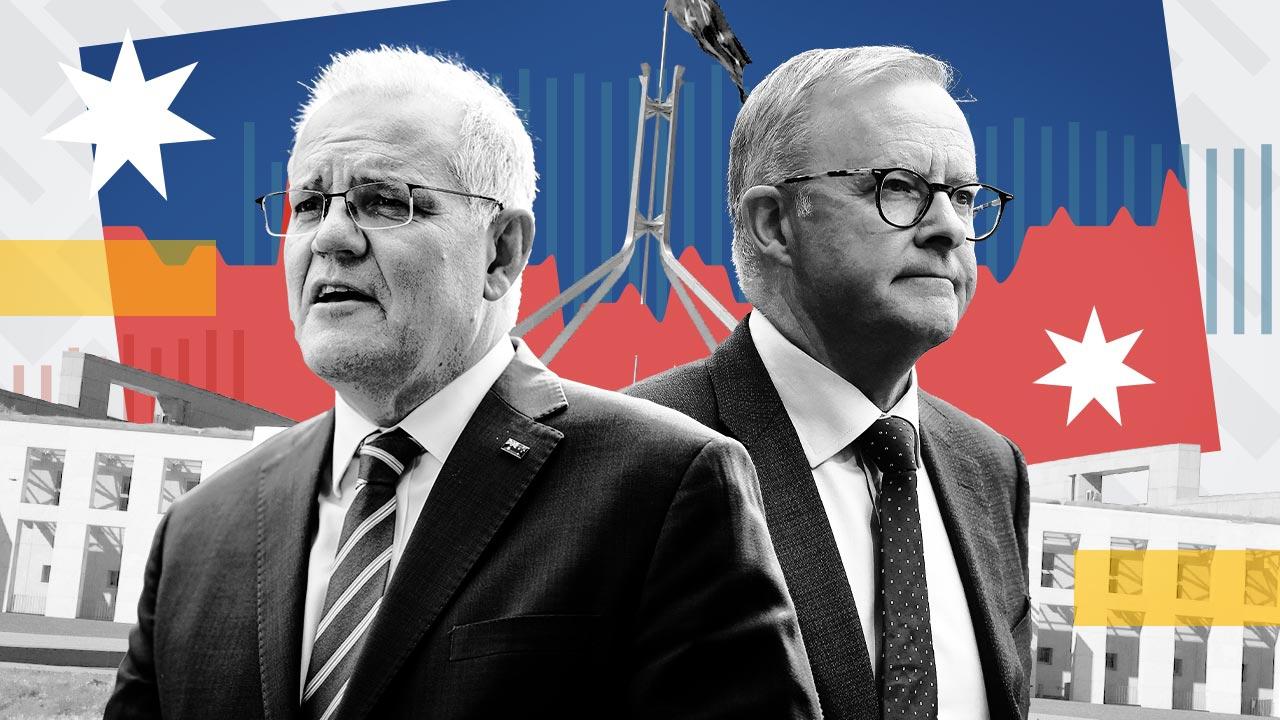
The concept of Australian national identity is a dynamic and evolving one, shaped by historical events, cultural shifts, and ongoing debates about the nation’s past, present, and future. In 2025, discussions surrounding national identity are particularly salient, influenced by factors such as increasing multiculturalism, the ongoing journey of Indigenous reconciliation, and Australia’s role in a complex global landscape.
The Enduring Influence of Multiculturalism
Australia’s identity has been profoundly shaped by waves of immigration from diverse corners of the globe. In 2025, the celebration of multiculturalism remains a cornerstone of national identity, recognizing the rich tapestry of cultures, languages, and traditions that contribute to Australian society.
However, debates continue regarding the balance between cultural diversity and social cohesion, as well as the need to address issues of racism and discrimination to ensure a truly inclusive national identity for all Australians.
The Centrality of Indigenous Reconciliation
The ongoing process of reconciliation with Indigenous Australians is increasingly recognized as fundamental to shaping a more complete and honest understanding of Australian national identity. Discussions surrounding constitutional recognition, truth-telling about the nation’s colonial past, and addressing the ongoing disparities faced by Indigenous communities are central to this evolving discourse.
Progress in areas such as the implementation of the Uluru Statement from the Heart (assuming developments) and the Closing the Gap initiatives are crucial steps towards a national identity that acknowledges and respects the unique history and cultures of Australia’s First Peoples.
Navigating Australia’s Place in the World
Australia’s geographical location, its economic ties, and its diplomatic relationships all contribute to its sense of national identity in a globalized world. Debates often arise regarding the balance between national interests and international responsibilities, as well as Australia’s role in addressing global challenges such as climate change and geopolitical instability.
The nation’s identity is also shaped by its cultural exports, including its film, music, literature, and sporting achievements, which contribute to its image and influence on the world stage.
Generational Shifts and Evolving Values
Views on national identity often vary across different generations, reflecting changing social values and historical perspectives. Younger generations, in particular, tend to embrace a more inclusive and progressive understanding of what it means to be Australian, often placing greater emphasis on issues such as environmental sustainability, social justice, and gender equality.
These evolving values are contributing to ongoing conversations about national symbols, historical narratives, and the kind of society Australia aspires to be in the future.
The Role of National Symbols and Narratives
National symbols, such as the flag and the anthem, as well as shared historical narratives, play a significant role in shaping a sense of collective identity. However, these symbols and narratives are also subject to ongoing scrutiny and debate, reflecting different perspectives on Australia’s past and present.
Discussions about potential changes to national symbols or the inclusion of more diverse and inclusive historical narratives are a regular feature of the national conversation on identity.
External Reference: The National Museum of Australia explores various aspects of Australian history and identity: https://www.nma.gov.au/




